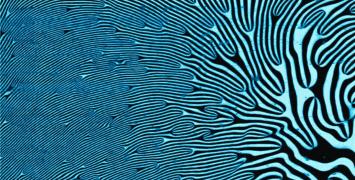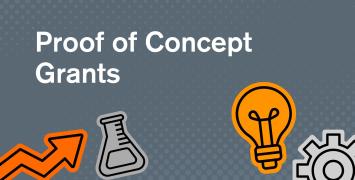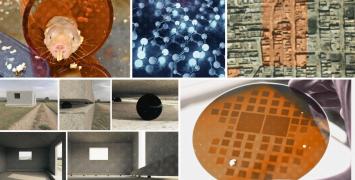Proof of Concept Grants 2023: Examples of projects
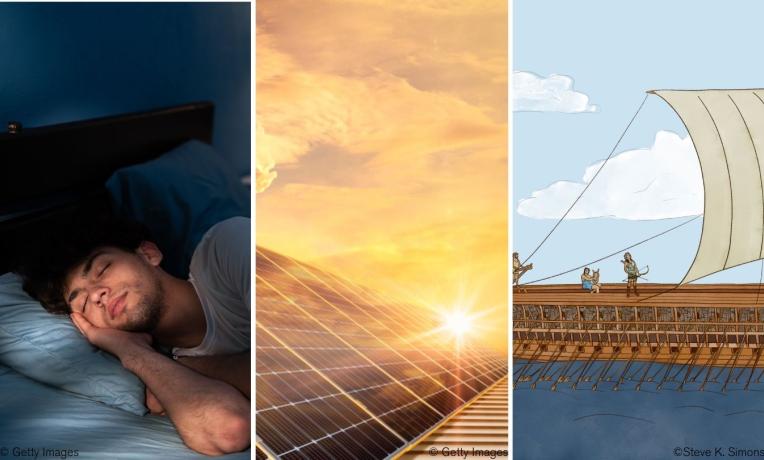
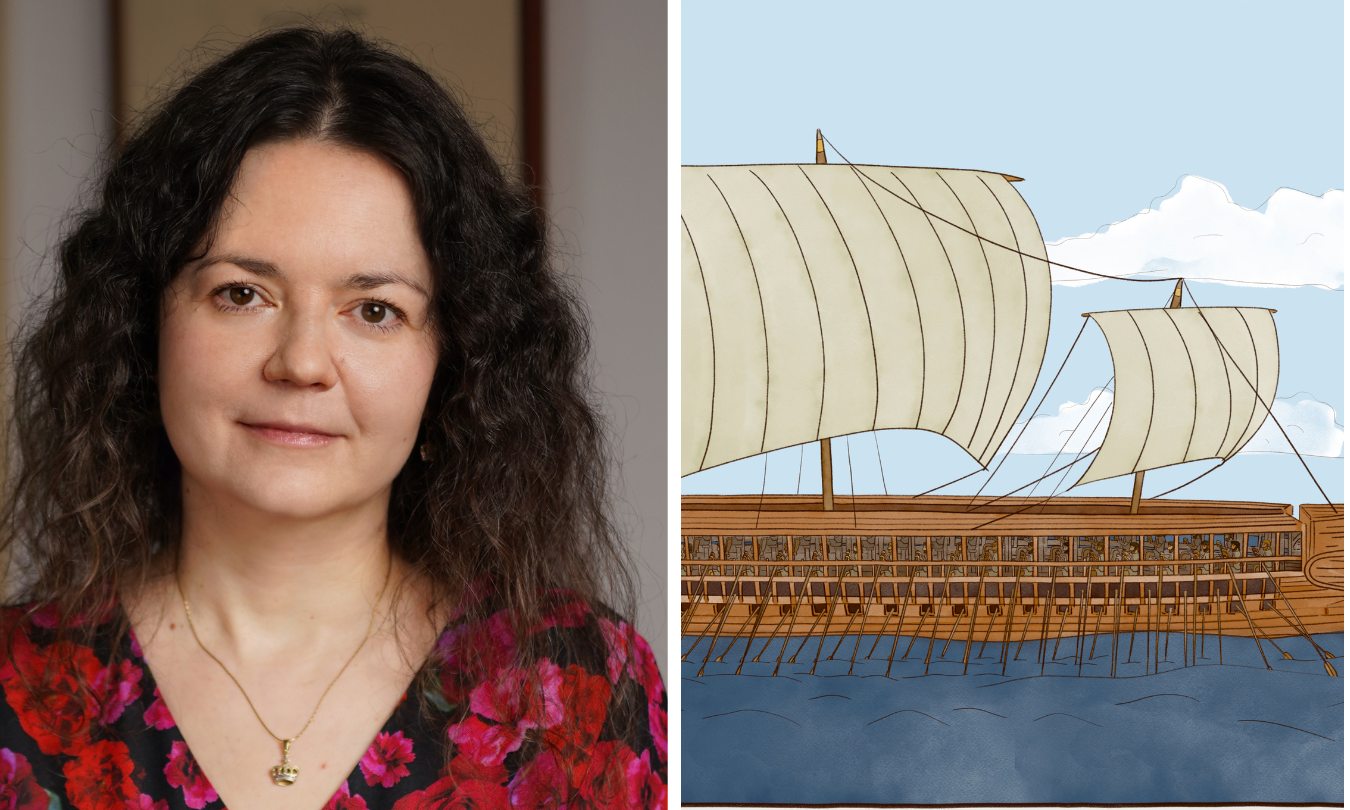
Becoming Modern Argonauts: How a game can help shape our values through Classical Mythology
The EU Charter of Fundamental Rights lists common values such as dignity, equality, and solidarity among the people of Europe. Many of these values derive from Classical Antiquity, which laid the foundations of many ideas shaping our society today. Especially Ancient myths, including those of Troy, Minotaur, and Aeneas, build a sense of community. They address issues like war, migration, disability, environmental issues, and pandemics, similar to some of the challenges we face nowadays. Even the “dark sides” of Classical Antiquity, such as slavery and the discrimination of women, offer vital impulses for discussion of our current challenges.
Unfortunately, ancient classical myths are fading from school education, creating a gap with research. To tackle this, researcher Katarzyna Marciniak proposes a unique program, a handbook for high schoolers. It is going to use materials from her previous ‘Our Mythical Childhood’ Consolidator Grant, including animations of ancient vases. The handbook will adopt a game format where users “become modern Argonauts” on a journey to discover our shared mythical heritage. Supported by global collaborations, the guide aims to provide societies worldwide with an innovative model for research-based education.
Katarzyna Marciniak is a professor at the Faculty of "Artes Liberales" at the University of Warsaw. As a classical philologist, she is involved in the popularization of antiquity and with the OurMythicalChildhood project, she created an international research program on the reception of Antiquity in children and youth culture.
Project: The Modern Argonauts: A Multicultural Educational Programme Preparing Young People for Contemporary Challenges through an Innovative Use of Classical Mythology (ModernArgonauts)
Researcher: Katarzyna Marciniak
Host institution: University of Warsaw, Poland
ERC grant: 150.000 euro for 18 months
Original ERC frontier research project: Our Mythical Childhood...The Reception of Classical Antiquity in Children’s and Young Adults’ Culture in Response to Regional and Global Challenges (OurMythicalChildhood) - ERC Consolidator Grant 2015
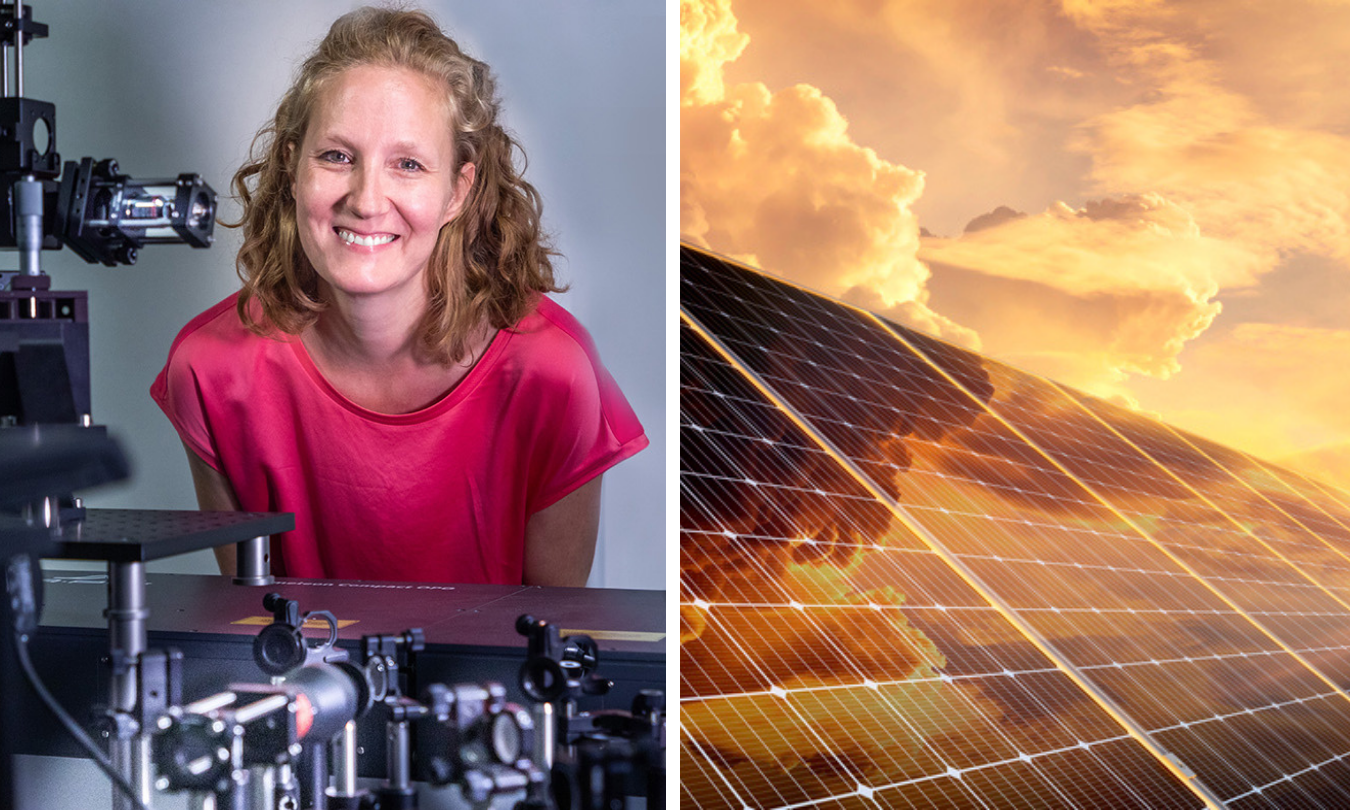
Advancing solar energy storage
Renewable energy is crucial role in achieving the goals of the European Green Deal, but its intermittent nature makes it less reliable. Ilka Kriegel’s project, STORE-LIGHT, tackles this challenge with a new technology that combines solar energy conversion and storage in one system, making solar power more reliable.
Unlike traditional solar setups, STORE-LIGHT's technology is simpler, reducing costs, support needs and the bulkiness of the device. It offers an efficient and user-friendly solution for daily life and functional systems. The project aims to create a stand-alone photo-storage system as well as a micro-scale version for integration into small devices and the Internet of Things (IoT). Both devices capture, convert, and store solar energy, making them promising candidates for autonomous energy supply.
In fact, these solar-to-charge storage systems unlock the full potential of solar energy. STORE-LIGHT's technology, with direct solar energy conversion and storage in a compact design, promises to transform off-grid devices. It can impact self-powered sensors and the next generation of energy-efficient technologies, contributing to a sustainable energy future.
Ilka Kriegel is the head of the Functional Nanosystems group at the Istituto Italiano di Tecnologia (IIT). Her main research interests lie in the exploitation of functional nanosystems for energy and environment.
Project: Photoelectrodes that STORE LIGHT energy (STORE-LIGHT)
Researcher: Ilka Kriegel
Host institution: Istituto Italiano di Tecnologia, Italy
ERC grant: 150.000 euro for 18 months
Original ERC frontier research project: Light driven hybrid nanocrystal TMDC capacitors (Light-DYNAMO) - ERC Starting Grant 2019
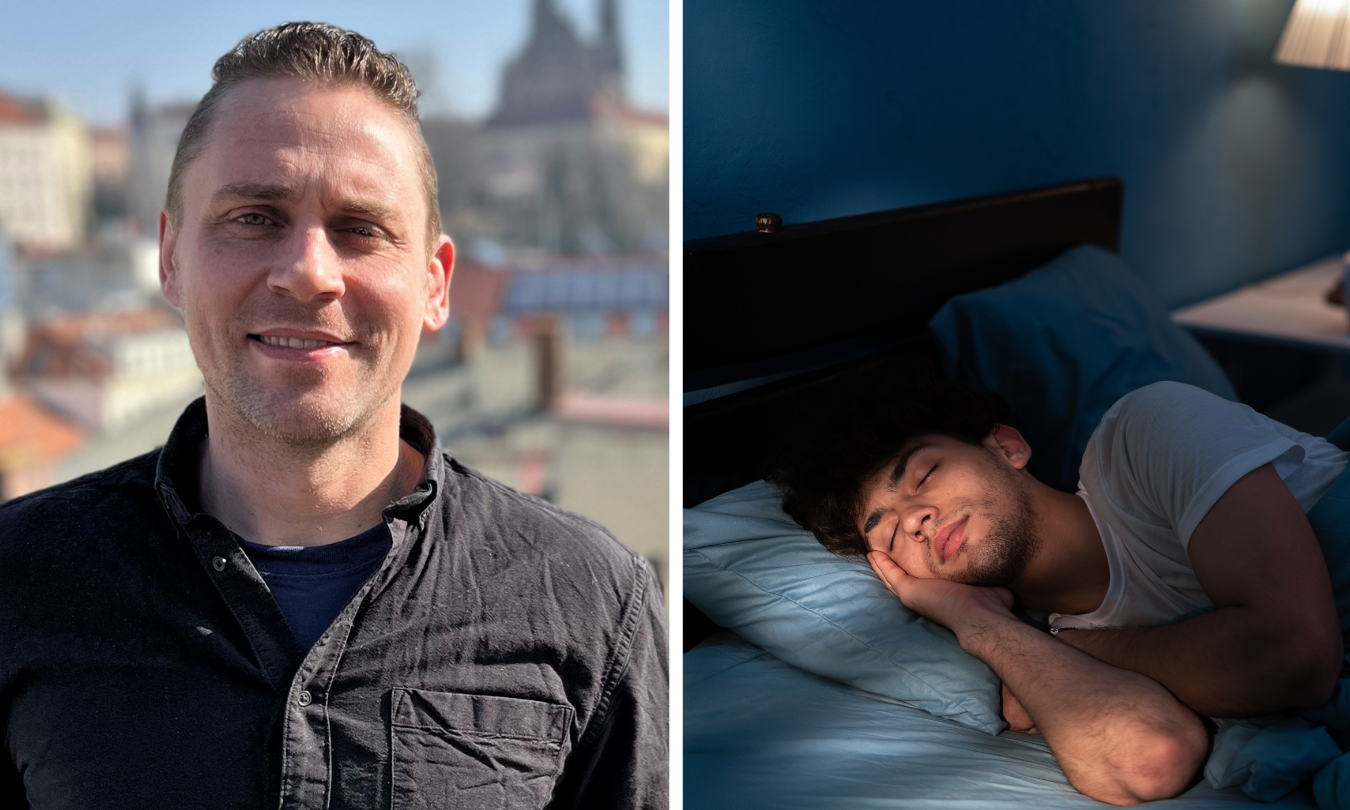
Revolutionizing Sleep Technology: A New Treatment for OSA Patients
Obstructive sleep apnea (OSA) affects over a billion people worldwide, causing disruptions in breathing during sleep. The disorder leads to poor sleep quality, impacting daily life and potentially contributing to health issues like strokes, hypertension, or depression.
FitSleep is a pioneering device developed by researcher Adam Williamson. It implements temporal interference (TI), a cutting-edge non-invasive electrical stimulation technology, which activates the tongue muscles with light electrical fields, preventing airway collapse during sleep. In partnership with Somnial Technologies, a company specializing in neuromodulation devices, FitSleep has been brought closer to commercial reality. The collaboration underscores the project’s innovative approach, merging scientific research with practical application.
FitSleep offers a more comfortable and effective alternative to traditional methods like masks and pumps. It is comparable to the best solutions on the market, ensuring non-invasiveness and financial accessibility. Somnial’s role in the development and future distribution of FitSleep is pivotal, reflecting their commitment to transforming medical technology and enhancing patient well-being.
Dr. Williamson is a renowned neuroscientist who applies new technologies to clinical research. He studied Electrical Engineering in Texas (US), obtained a Ph.D. in Germany, and worked in prestigious universities and research centres in Czechia and France. His collaboration with Somnial Technologies not only highlights his technical expertise but also his ability to translate academic research into tangible, life-changing medical solutions.
Project: Fabricating Non-Invasive Temporal Interference Devices for Obstructive Sleep Apnea which Electrically activate the Hypoglossal Nerve (FitSleep)
Researcher: Adam Williamson
Host institution: Masaryk University, Czechia
ERC grant: 150.000 euro for 18 months
Original ERC frontier research project: Epilepsy Controlled with Electronic Neurotransmitter Delivery (EPI-Centrd) - ERC Starting Grant 2016

